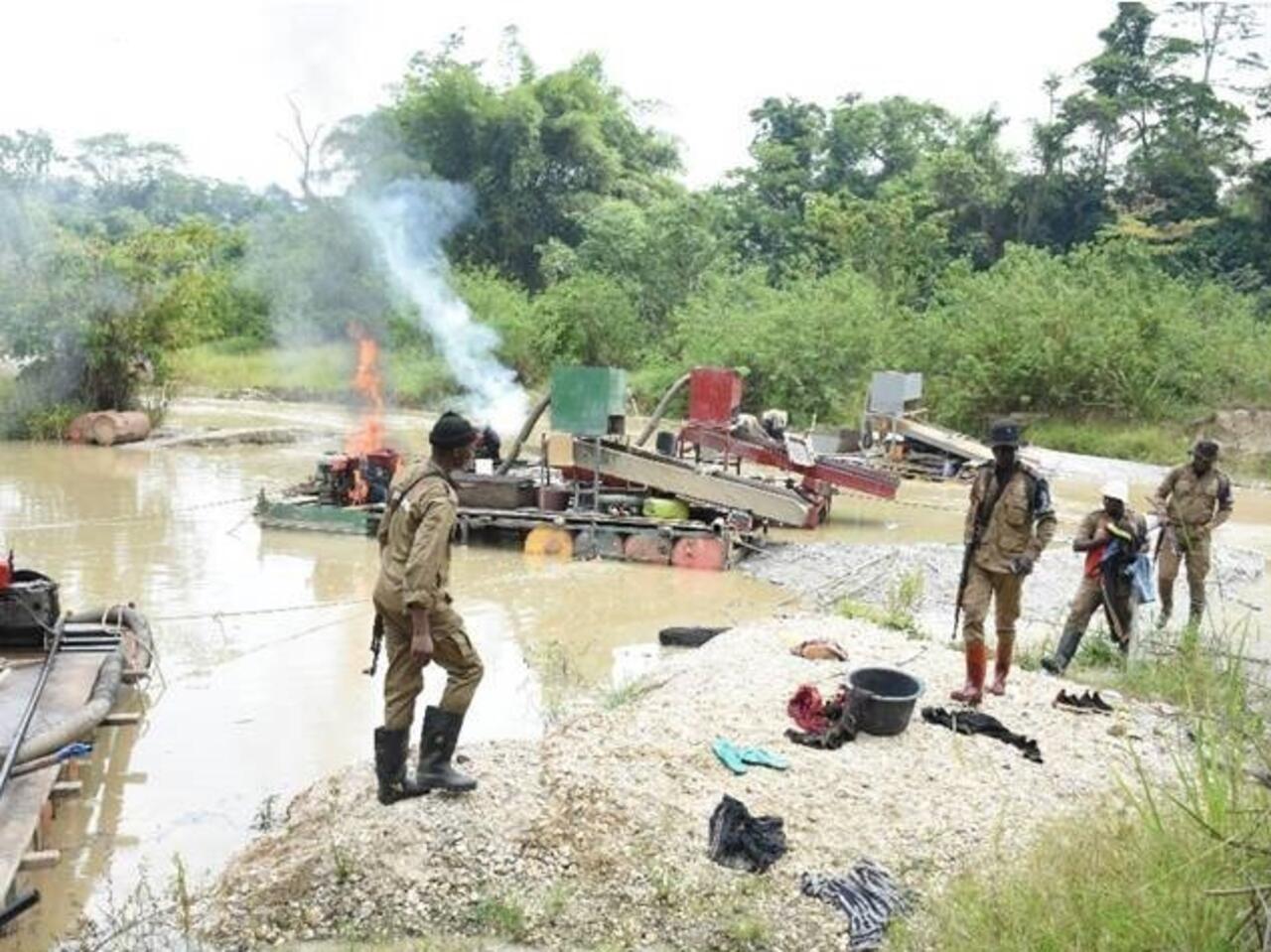
In Ghana, growing alarm over the environmental and social toll of illegal small-scale mining—commonly known as galamsey—has prompted calls for drastic government action.
Kofi Bentil, Vice President of policy think tank IMANI Africa, has proposed two sweeping measures: a total ban on excavator imports, with any machinery requiring strict licensing, and permanent state seizure of lands where illegal mining occurs, stripping chiefs of ownership if they allow illicit activities.
Speaking on TV3’s The Key Points and via social media, Bentil expressed deep skepticism about current government efforts.
“We are pretending to be fighting galamsey,” he said, accusing police personnel, military officers, and local government officials of complicity in the illicit trade. His blunt critique highlights widespread frustration over persistent reports linking officials to mining operations that devastate communities and ecosystems.
Bentil’s proposals align with concerns raised by other prominent voices. Professor Ransford Gyampo, CEO of the Ghana Shippers Authority, warned: “Enough is enough. It’s either we destroy galamsey or it destroys us,” urging immediate escalation of enforcement efforts.
The pressure for action intensified following a tragic helicopter crash that killed eight officials, including two ministers, during a visit to a mining region.
The Integrated Social Development Centre (ISODEC) framed the disaster within the broader context of galamsey’s dangers, describing the practice as an “existential threat” responsible for poisoned water, biodiversity loss, and severe health hazards in affected communities.
ISODEC called for comprehensive measures, including a mining state of emergency, repeal of the controversial L.I. 2462, aggressive prosecution of kingpins, confiscation of illicitly gained assets, and promotion of sustainable community-based mining programs.
As Ghana’s government faces mounting pressure from civil society, policy experts, and environmental advocates, the challenge remains formidable: can authorities overcome alleged internal complicity and implement bold reforms to protect natural resources and community well-being? For Bentil, Gyampo, and ISODEC, honoring the lives lost to the sector’s dangers demands nothing less than decisive, systemic action to curb galamsey once and for all.



